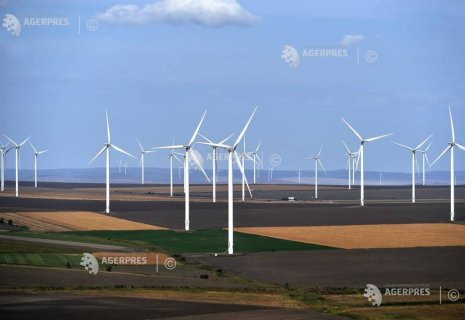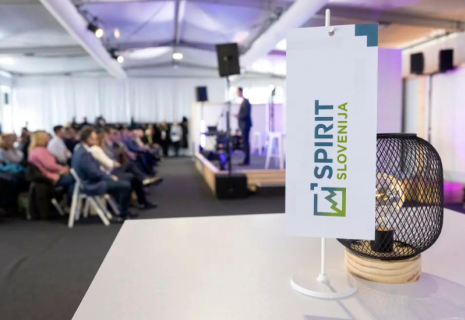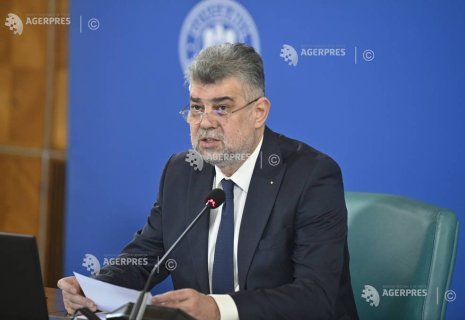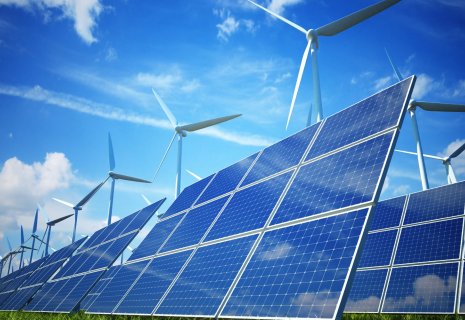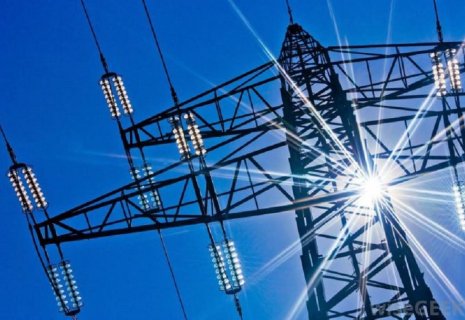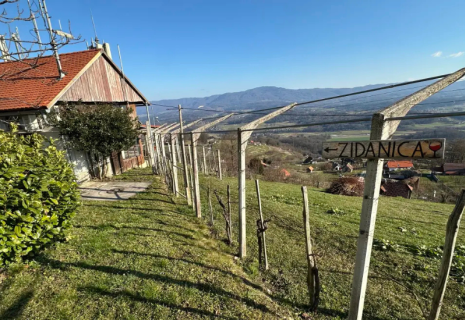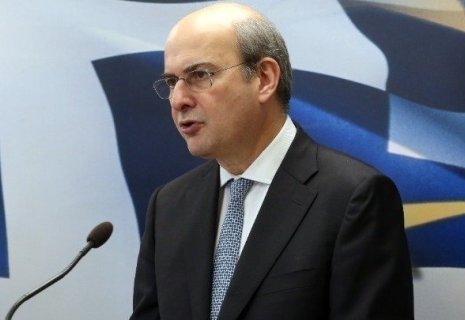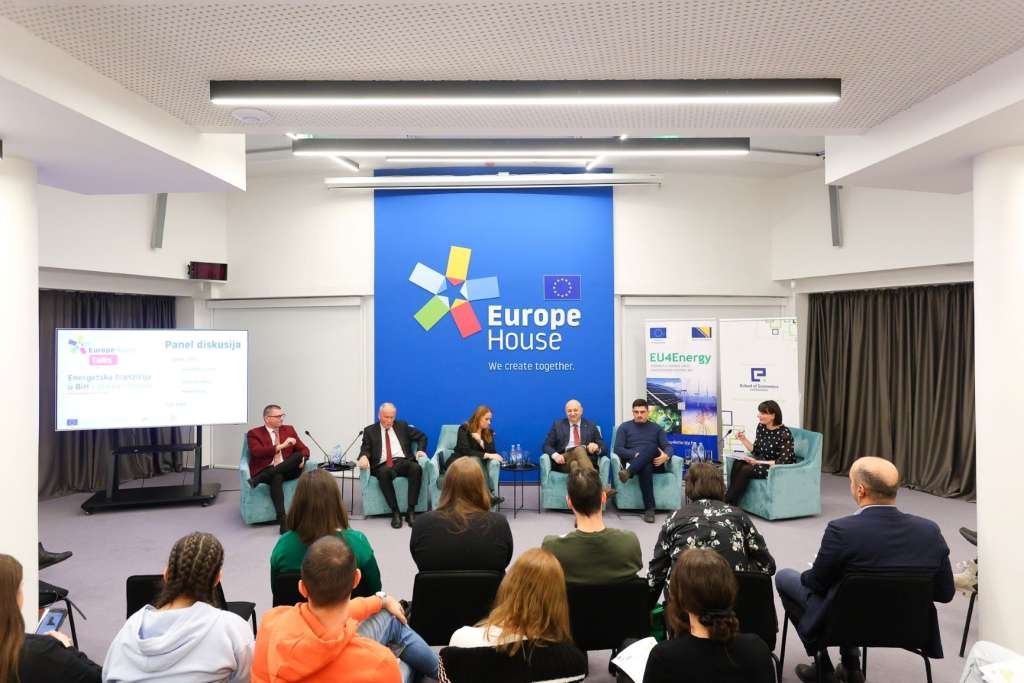
Academic community and experts discuss energy transition in Bosnia
Europe House, in cooperation with the EU-funded project EU4Energy, organized today an expert panel discussion on the challenges and opportunities of the energy transition process in Bosnia and Herzegovina, CE Report quotes FENA.
Key topics of discussion included the role of renewable energy sources, the need for policy reforms, and the importance of investing in infrastructure to support the shift toward a greener economy. Panelists also addressed the social and economic impacts of the transition, particularly in regions dependent on coal mining and traditional energy industries.
One of the main challenges identified during the discussion was the regulatory and institutional framework, which many described as outdated and insufficiently aligned with EU standards. Experts highlighted the necessity of creating a unified strategy to streamline investments in renewable energy projects, enhance energy efficiency, and reduce dependence on imported fossil fuels.
Opportunities for growth were also a focal point, with renewable energy sources like wind, solar, and hydropower being recognized as potential game-changers for Bosnia and Herzegovina. Panelists noted that with strategic investment and international cooperation, the country could not only meet its energy demands sustainably but also become a regional leader in clean energy production.
The discussion concluded with a call for greater public awareness and stakeholder engagement in the energy transition process. Panelists agreed that achieving a sustainable energy future for Bosnia and Herzegovina will require a collaborative approach, involving not only government initiatives but also active participation from businesses, academia, and local communities.
Such events are crucial for fostering dialogue and building a shared vision for a greener future in Bosnia and Herzegovina, aligned with both national and global sustainability goals.

